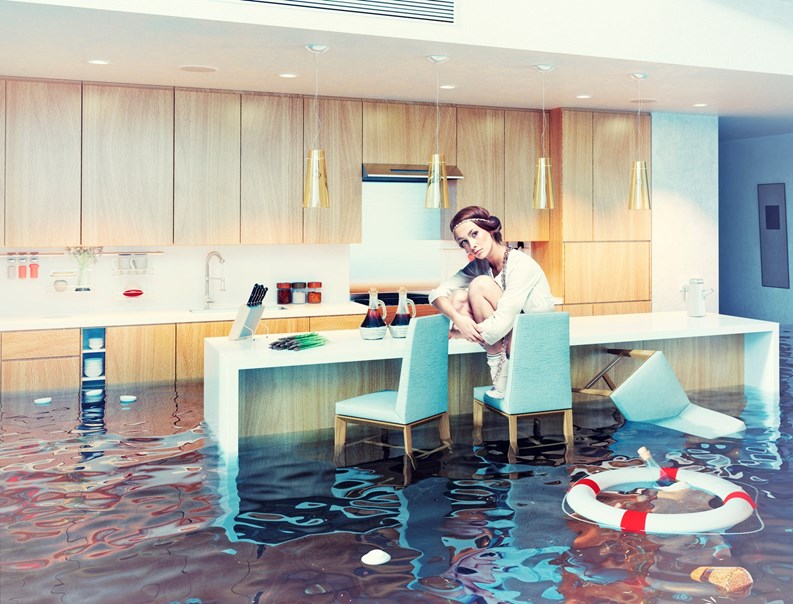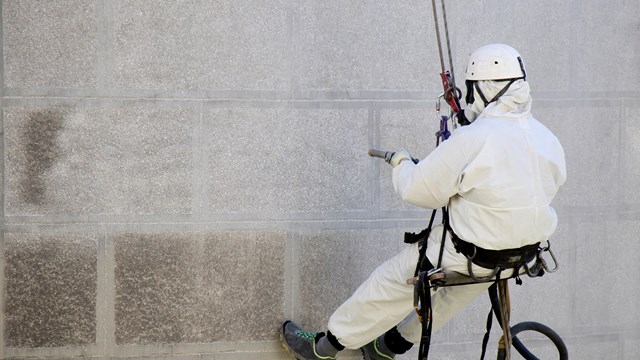Every month you break out the checkbook to pay your maintenance fees for your co-op. Naturally you expect that those fees go toward maintaining the upkeep of your residence. But for whatever reason, something goes wrong. It can be an infestation, no heat or running water, mold, or some odd fumes that makes the unit unlivable. In cases where you can no longer live comfortably in the unit, the warranty of habitability may have been breached, and there could repercussions for the board.
The Definition of the Warranty
As stated on the website of the New York State Unified Court System: “The warranty of habitability makes the landlord or owner responsible for keeping your apartment and the building safe and livable at all times...The warranty of habitability also says the landlord or owner must maintain services and conditions that you were told about when you moved in, but that are not required by law.“
“Basically what the warranty of habitability says is whether or not if there is a provision expressly in the lease the courts will imply as a matter of public policy an obligation that any apartment will be safe, habitable, and fit for its intended purpose as a residential dwelling at all times,” says Bruce Cholst, a shareholder at the law firm of Anderson Kill, P.C., in New York City. “The concept behind it is that any apartment that doesn’t meet the guidelines is not keeping up with its bargain and will be in breach of the warranty of habitability.”
Scenarios That Would Apply to the Warranty
Some examples of a breach of the warranty of habitability, according to Cholst, include: no water; an inability to live in a part or all of the apartment; water leaks or floods; no hot water or heat; excessive noise; no electricity; mice/rats/vermin, mold; no gas or gas leaks; odd smells or fumes; and broken door locks.
While these are examples, Cholst says that when it comes to a breach of the warranty of habitability, it’s subjective, “along the lines of ‘you know it when you see it.’ It’s also a question of proof and every judge has a different tolerance level.”
How This Plays Out in Court
If it does turn out that a unit is uninhabitable, then the landlord [or in the context of a co-op building, the board] is deemed in breach of his contractual obligations to provide an apartment that is habitable, and thus tenant is within his rights to either withhold rent or recover his rent back in the nature of a damage suit, says Cholst.
Given their subjectivity, these claims
are often decided in court. “Typically when a tenant claims breach
of the warranty of habitability,” he says, “and the case is not
settled, it is tried in housing court and the judge hears the
evidence supporting the alleged breach and decides to what extent if
any the apartment’s habitability is infringed and then awards a
maintenance abatement of a percentage commensurate with what he/she
feels is commensurate with the extent of the breach."
As an example of a case where warranty of habitability has been breached, Cholst cites a case that happened during a garbage collector strike where the stench was so bad it was deemed unhealthy and the landlord was held liable for it.
Differences Between Co-ops and Condos When It Comes to the Warranty
It’s important to note that while the warranty of habitability applies to co-ops, it does not apply to condos due to the relationship between the board and the unit owner. “The reason is that it’s a landlord-tenant concept, and the courts have held that there is no landlord-tenant relationship between the condo board and the condo unit owner,” says Cholst. “It applies to co-ops because the statute itself goes to the very heart of landlord-tenant law and the relationship between the co-op board and a shareholder is a landlord-tenant relationship.”
John Zurz is a staff writer for The Cooperator.







Comments
Leave a Comment